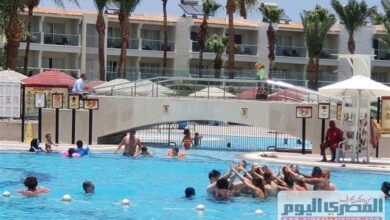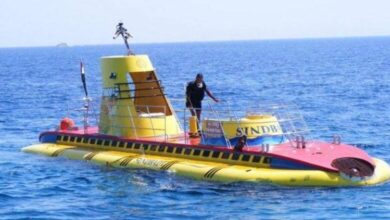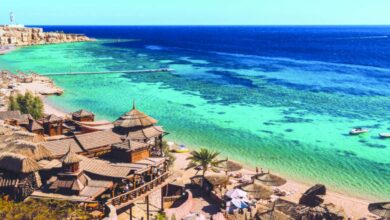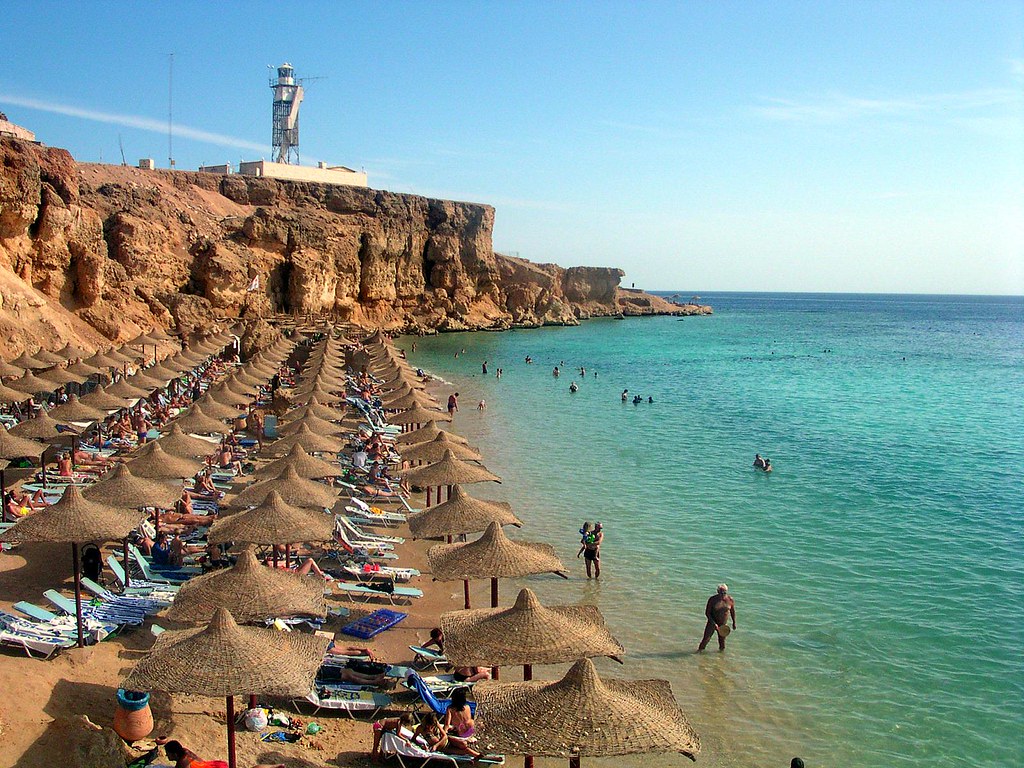Vacationers have varied concepts about what constitutes time off. For some, it’s a few days isolated on a beach; for others, it’s family time at the pool.
People take vacations by perusing museums or walking through city streets. Vacation time can mean adventure — whether it’s diving, hiking or kite surfing, action can define a getaway and allow time to separate routine and work.
If you’re looking to change your vacation style and step out into the world of adventure, we’ve got the lowdown on adventure vacationing 101, a series that will appear intermittently in our travel section, introducing more active vacations to the curious and daring at heart.
I first dived 12 years ago, and since then have been hooked. Diving allows you to discover a whole new world, a completely different and fascinating one with marvelous colors and creatures; you are not the master, but the humble and vulnerable visitor who has to show respect for all the inhabitants — the tiny fish as well as the big ones.
The Red Seas offers those who want to discover the world that lies underwater perfect diving conditions. Water temperature, visibility, sea conditions and wave heights are favorable all year round.
Because of the abundance and diversity of the diving locations, all levels of divers can find what they are looking for. Famous diving spots from north to south include Dahab, Sharm el-Sheikh, Hurghada, Marsa Alam and Hamata.
As you go south, dives are more beautiful, fish are bigger and more diverse and corals are much more alive and intact — but more experience is required.
For beginners, Dahab is a perfect fit. Certified diving centers are everywhere, and they are owned and run by highly qualified instructors who personally supervise the training. Because it’s a smaller city, diving courses in Dahab are less expensive than Sharm el-Sheikh and Hurghada.
All of the dives in Dahab are shore dives, so if you feel uncomfortable on board a boat or you have a history of seasickness and want to give it a try, Dahab is the place. You will not need to take a boat to reach your diving spot; all the dive sites are within a 30-minute ride in a pickup truck or a jeep.
How to start diving
To become certified by the Professional Association of Diving Instructors, you will have to complete certain courses.
The first course is the “open water course,” in which you develop an understanding of the basic principles of scuba diving. It is a three- or four-day course.
You will attend some classes, watch videos and do some reading, short quizzes and reviews to have an idea about what you are going to do in the next phase of the course, which is the confined water dives. The course includes five confined water dives during which you will dive in a pool or in shallow water with pool-like conditions.
There are about 20 skills you will learn in these dives, like getting used to breathing underwater, mask cleaning, underwater communication and buoyancy exercises. You will even learn emergency skills such as air sharing and mask replacing.
Once you finish the confined water dives, you are ready to fully experience the underwater adventure.
To finish the open-water course, you have to complete four open-water dives in which you will practice the skills you learned and enjoy your first scuba diving experience. In the end, and to get your certificate, you will have to pass the open-water exam.
Open-water divers are allowed to go to as deep as 18 meters.
The minimum age to start diving as per PADI’s rules is 10 years, and there’s no maximum age.
You do not have to be a swimming champ; you only have to prove that you can swim a 200-meter distance with any swimming strokes, and there is no time limit.
You also should be able to float for 10 minutes, using any method you want.
Now that you are a certified open-water diver, you can enjoy diving anywhere, but you are still limited to the 18-meter depth. This is why it is advisable that you continue and go directly into the “advanced open-water course.”
In this course, you will have to complete five different dives that will improve your underwater skills and performance. Two dives are obligatory and you get to choose three out of 15 specialty dives.
The deep-water diving is the first obligatory dive. You go down to 30 meters under the close supervision of your instructor. Once at a 30-meter depth, the instructor will start to ask you some questions to make sure that you are conscious and lucid. At this depth, some people might start hallucinating.
The underwater navigation is the second obligatory dive; in this dive, you learn how to navigate underwater using visual landmarks, and how to use the compass to get back to your dive starting point.
The other three dives are flexible. You and your instructor choose which ones to do, according to the location and the availability.
The most famous one in Dahab is drift diving, in which you start your dive at a certain point, drift with the current and end the dive at a different point. You can also go night diving and discover marine nightlife.
Peak performance buoyancy is a good option for the third dive. It refines the basic skills you learned and takes them to the next level.
Once you finish your five dives, you are a PADI-certified advanced open-water diver. At this level, you have two options: either to continue with the courses to a higher level and become a rescue diver or even a dive master; or you can simply stop at this level and enjoy diving.
At this level, you just might fall in love and — like most of those who complete the courses — become a diving addict.
This piece was originally published in Egypt Independent's weekly print edition.




